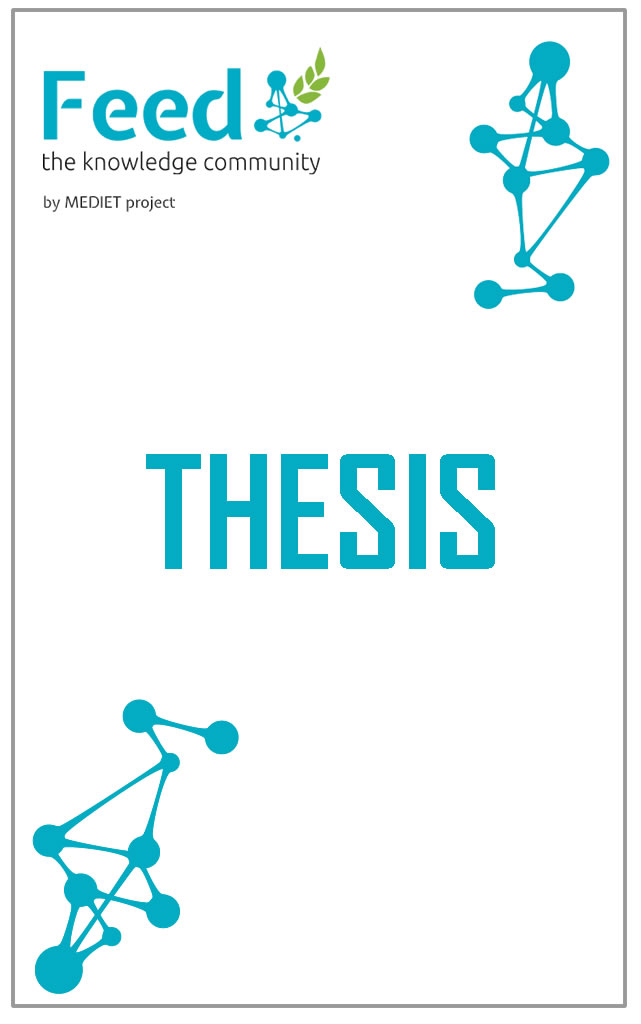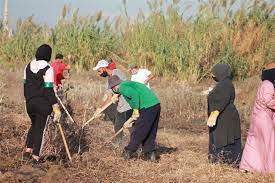THESIS & RESEARCHES

Monitoring of the main pathogens affecting honey bee colonies in Apulia region by using molecular diagnostic tools.
Year:
2022
Author:
Zaidat Sabri Ala Eddine
Colony collapse disorder (CCD), a serious threat phenomenon affecting bee colonies, has been reported worldwide during the last decades, associated with several causes, particularly the widespread pathogens that can act individually or in synergy. In the present study, thirty apiaries located in different provinces of Apulia region (southeast Italy) were assessed during spring-summer 2022 to monitor the presence of common pathogens: Black queen cell virus (BQCV), Deformed wing virus (DWV), Nosema ceranae and less known or emerging pathogens in honeybees such as Bee macula-like virus (BeeMLV), Slow bee paralysis virus (SBPV), Aspergillus flavus and Peanibacillus larvae. These pathogens were monitored using molecular tests from foraging honeybees and both adults and larvae inside the hives. Droplet Digital PCR (ddPCR) method was also assessed for virus detection and quantification. This study evidenced that BQCV, DWV, BeeMLV, and N. ceranae are widespread in this region, in contrast, P. larvae and A. flavus were not detected. Despite being asymptomatic, many investigated hives had different degrees of co-infection in apiaries, hives and samples. Furthermore, this study allowed us to report the presence of SBPV in the Apulia region for the first time. Furthermore, the validated ddPCR protocol showed a higher sensitivity for early detection of BQCV and DWV.
Supervisor:
K. Djelouah and R. Abou Kubaa; advisor: S. M. Sanzani
Collaboration:
CIHEAM











